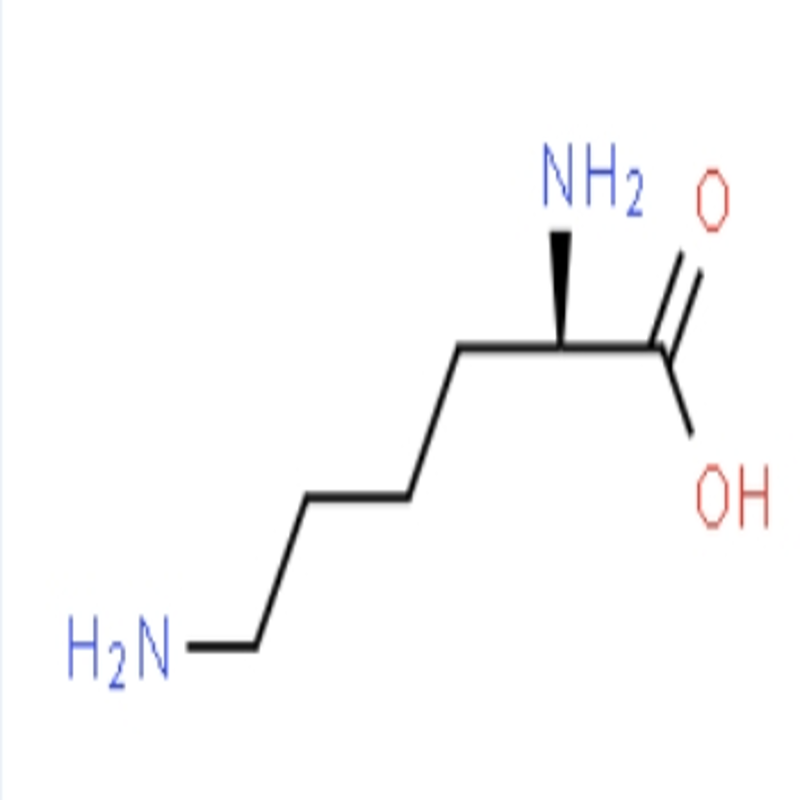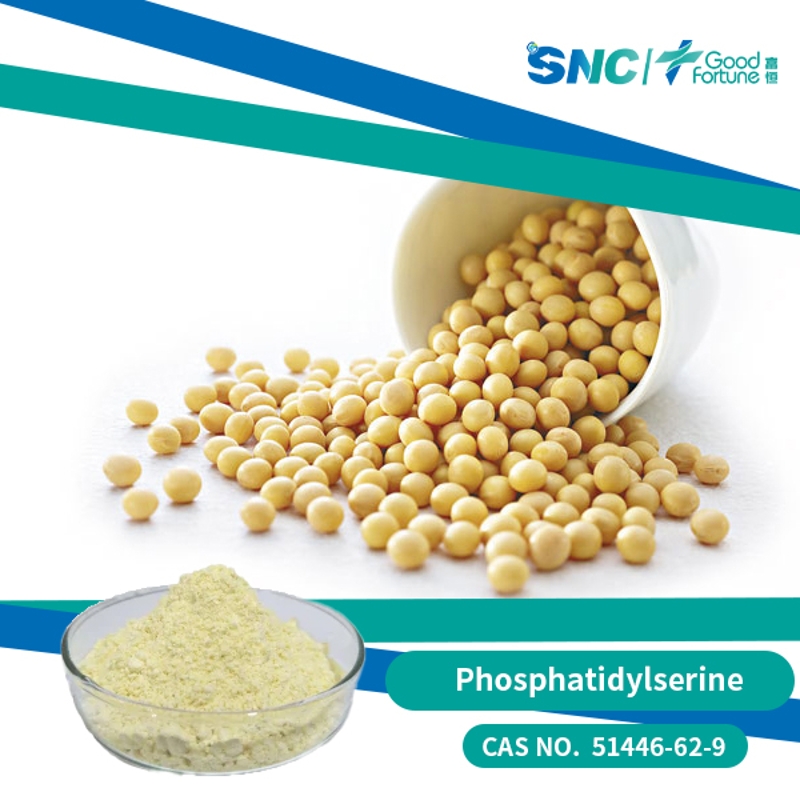-
Categories
-
Pharmaceutical Intermediates
-
Active Pharmaceutical Ingredients
-
Food Additives
- Industrial Coatings
- Agrochemicals
- Dyes and Pigments
- Surfactant
- Flavors and Fragrances
- Chemical Reagents
- Catalyst and Auxiliary
- Natural Products
- Inorganic Chemistry
-
Organic Chemistry
-
Biochemical Engineering
- Analytical Chemistry
-
Cosmetic Ingredient
- Water Treatment Chemical
-
Pharmaceutical Intermediates
Promotion
ECHEMI Mall
Wholesale
Weekly Price
Exhibition
News
-
Trade Service
γ-Aminobutyric acid (GABA) is a neurotransmitter that is widely used in the chemical industry for various applications.
It is an important raw material in the production of plastics, detergents, and other synthetic products.
In recent years, the use of GABA has become increasingly popular in the cosmetic and pharmaceutical industries due to its anti-inflammatory, analgesic, and antioxidant properties.
Despite its widespread use, there are concerns about the safety of GABA in the chemical industry.
In this article, we will explore the safety of GABA in the chemical industry and discuss measures that can be taken to ensure its safe use.
- What is γ-Aminobutyric acid (GABA)?
γ-Aminobutyric acid (GABA) is a neurotransmitter that is widely used in the chemical industry for various applications.
It is naturally found in the human body and plays an important role in regulating anxiety, sleep, and muscle tone.
GABA is known for its calming and relaxing effects and is often used in natural remedies for anxiety and insomnia.
- Uses of GABA in the Chemical Industry
GABA is used in a variety of applications in the chemical industry, including:
a.
Plastics
GABA is used as a raw material in the production of plastics.
It is added to the polymer mixture to improve its processing properties and reduce the viscosity of the mixture.
b.
Detergents
GABA is used in the production of detergents due to its ability to improve their cleaning properties.
It is added to detergents to enhance their foaming and cleaning capabilities.
c.
Other synthetic products
GABA is used in the production of other synthetic products, such as resins, paints, and adhesives.
- Safety Concerns
Despite its widespread use in the chemical industry, there are concerns about the safety of GABA.
Some of the main safety concerns include:
a.
Irritation and Allergy
GABA can cause skin irritation and allergic reactions in some people.
Prolonged contact with the skin can lead to redness, itching, and blistering.
b.
Respiratory Problems
Inhalation of GABA can cause respiratory problems, such as coughing, difficulty breathing, and chest tightness.
c.
Other Health Effects
Long-term exposure to GABA can have other health effects, including headaches, nausea, and fatigue.
- Measures to Ensure Safety
To ensure the safe use of GABA in the chemical industry, the following measures should be taken:
a.
Proper Handling and Storage
GABA should be handled with caution and stored in a cool, dry place.
It should be stored away from direct sunlight and moisture to prevent degradation.
b.
Proper Protective Equipment
Employees handling GABA should wear proper protective equipment, such as gloves, safety glasses, and respirators, to prevent skin irritation, respiratory problems, and other health effects.
c.
Proper Ventilation
The area where GABA is handled should be properly ventilated to ensure that any fumes or vapors are removed.
d.
Regular Monitoring
The health of employees handling GABA should be monitored regularly to detect any health effects.
Regular medical checkups and screening can help detect any health issues early on.
- Conclusion
γ-Aminobutyric acid (GABA) is a neurotransmitter that is widely used in the chemical industry for various applications.
While it has many







